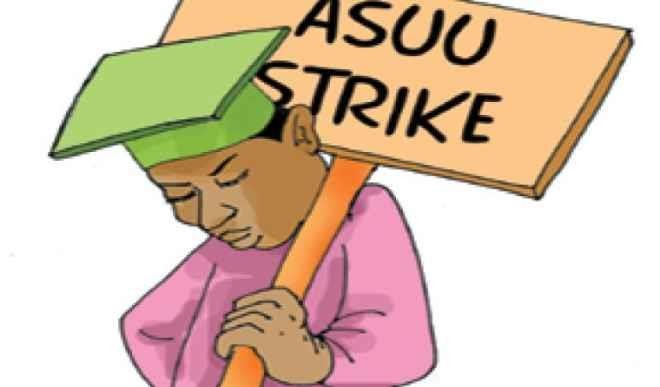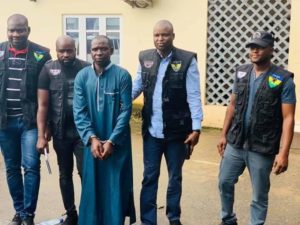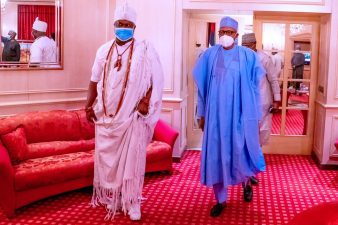As the strike embarked upon by the Academic Staff Union of Universities (ASUU) enters its first week, the Federal Government negotiating team has appealed to well-meaning Nigerians to prevail on the union to return to the negotiating table and resolve issues based on accurate and verifiable data.
Chairman of the team, Dr. Wale Babalakin, SAN, said members of the team “remain committed to a permanent resolution of the recurrent industrial disputes that have militated against the progress of the Nigerian University System.”
Babalakin who briefed newsmen in Lagos at the weekend also dismissed what he called the misinformation by ASUU that the team proposed increment in tuition fees.
He observed that while the ASUU zonal coordinator for Bauchi, Prof. Lawan Abubakar claimed in an article that the committee has proposed N500, 000 tuition fee, its counterpart in Ibadan, Dr. Ade Adejumo said the committee planned to impose N350, 000.00 to be paid by undergraduates per annum.
Babalakin who is the Pro-Chancellor of University of Lagos, said, “Aside from the fact that our committee has no power to impose fees on students, we are at a loss regarding the source of the said figures. However, the contradiction demonstrates clearly that the figures are incorrect and should not be countenanced by anyone.
“We do not know from where ASUU got the figures that it has been peddling around the whole country”.
National President of ASUU, Prof. Biodun Ogunyemi had said the strike is total and indefinite following non-implementation of the 2009 agreement and memorandum of understanding (MoU) of 2017.
But Babalakin stated that Nigeria would require N2tr annually to fund university education, saying the figure exceeds in value the money available for capital projects in the country.
It would be recalled that the team comprising Professors Olufemi Bamiro, Nimi Briggs, Munzali Jubril and Arch. Lawrence Ngbale had suggested funding of the sector from sources other than the government treasury including an education bank and student loan scheme.
These views were arrived at after extensive debate and were communicated in writing in the inception report that was delivered to ASUU in July 2017.
Babalakin therefore reiterated that the team strongly believes that Nigerians deserve and should have quality education which must not be compromised as a result of inadequate funding which has been the situation in the last 30 years.




